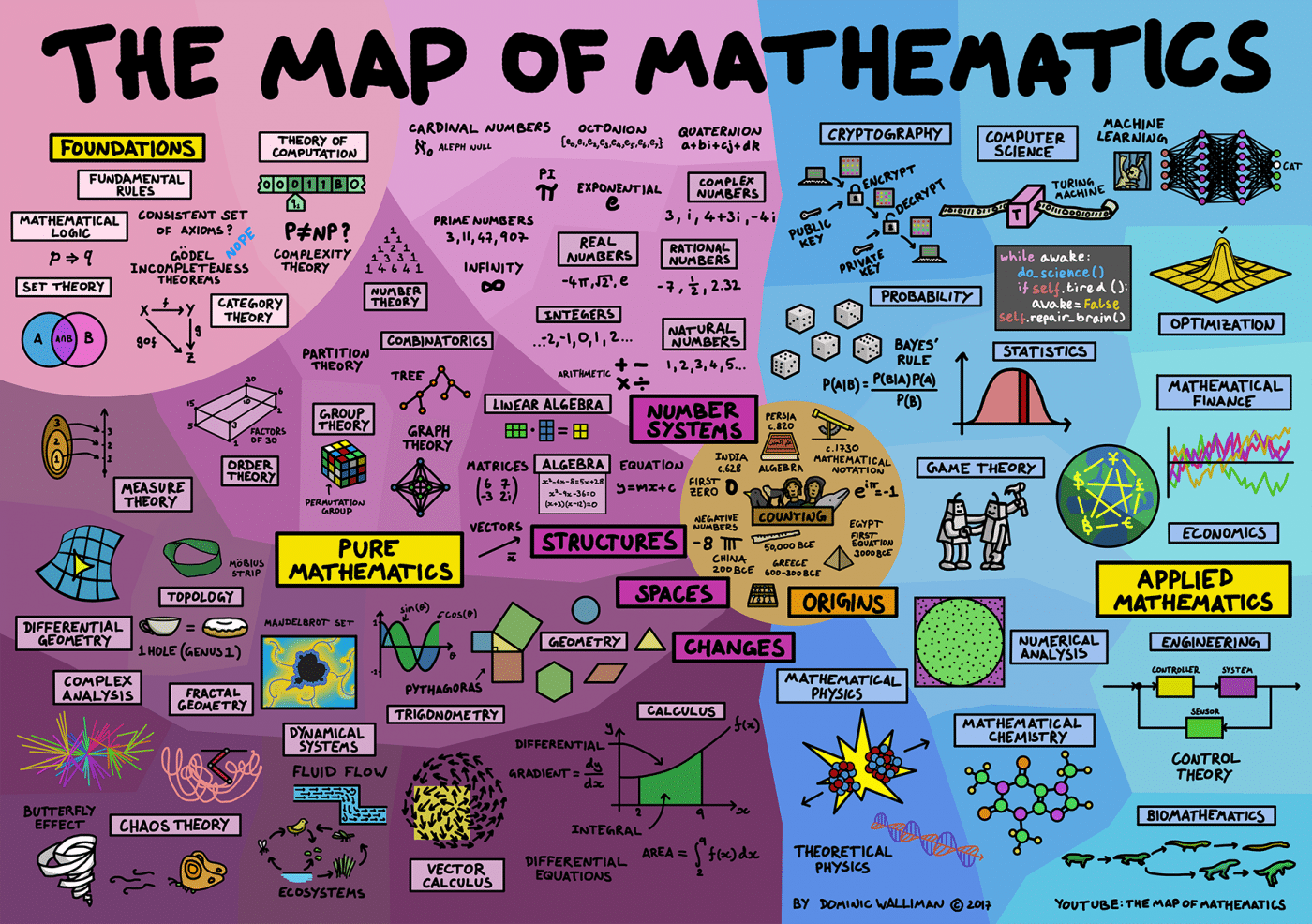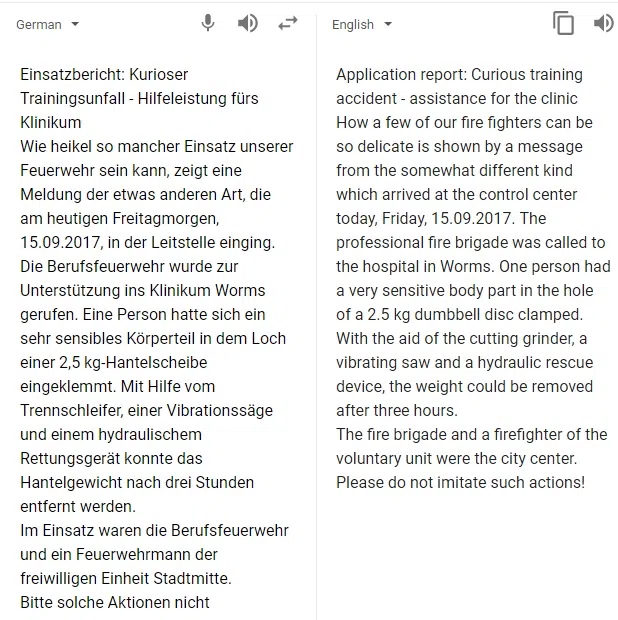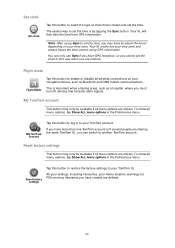


On the other hand, one word where ae is still common in both British English and American English is aesthetic(s).Īs others have mentioned, the Latin ae digraph in English words is usually pronounced as /iː/ (the "long e" or "ee" sound found in the word fleece) : this definitely is true for aeon, aether, and encylopaedia. For example, the spelling demon, which is usual in both American English and British English when writing about evil spirits or supernatural entities, comes from a spelling variant of Latin daemon. Related questions: Is the word “formulæ” valid English?, Is it acceptable that I use ligatures and diæreses? In many words, it is usual to write e instead of either ae or æ: this statement is true especially in American English, but there are many words for which it applies to British English as well. Writing this digraph with a ligature has fallen out of fashion, but some writers may use it to create a particular effect, or just out of eccentricity (compare perhaps the similarly uncommon use of the diaeresis in words like coöperation). In fact, æ isn't used much at all in modern English writing, but most of the time when you see it in that context, it is not being used as a distinct letter, but just a ligature of the Latin-derived digraph ae (which is the letter a followed by the letter e). the word's etymology, the frequency of any variant pronunciations, what usage "mavens" have written about the word). To find out how a word "should" be pronounced, you have to decide what you mean by that, and then look up whatever information you think is relevant (e.g. To find out how a word is pronounced, you can look in a dictionary. Note that many of these spellings are now variants and the more common spelling removes the strange looking 'a'.Īnother pair borrowed from Latin is 'oe' is in (the old fashioned spelling) 'oesophagus' where it is pronounced /ɛ/ 'eh' eh-sah-fuh-gus.

Another variant is /ɛ/ in an-eh-sthetic for 'anaesthetic'. Encyclodpeeedia, alumneee (for many female 'alumnae'). But, for whatever reason, it is usually pronounced as '/iy/' or "ee". In the original Latin it is pronounced as /ai/ (in IPA) or to rhyme with the word 'eye'. It comes (almost always) from a borrowing from Latin. The pair 'ae' or the single mushed together symbol 'æ', is not pronounced as two separate vowels. Sometimes it uses a regular literal one-to-one pronunciation, at oher times the spelling got stuck centuries ago but sounds changes occurred in speech, and sometimes, the word is written as from the foreign language it was borrowed from but the impossible or unlikely pronunciation is adapted to English mouths and ears.

English orthography is rule based.except it's not very good at following the rules.


 0 kommentar(er)
0 kommentar(er)
